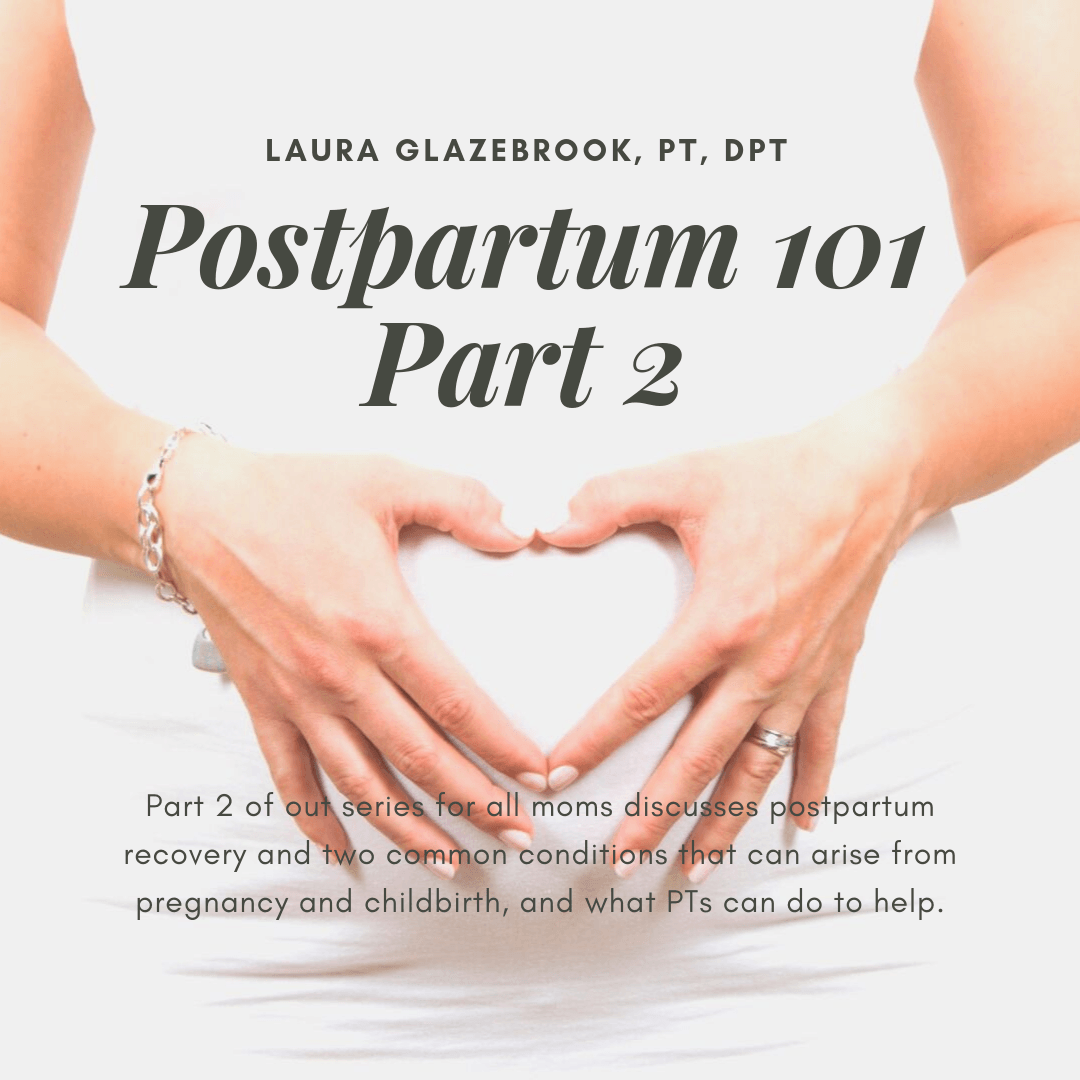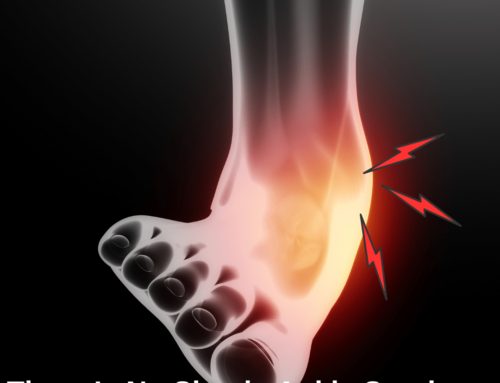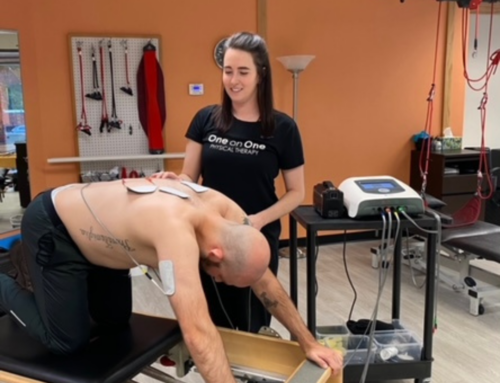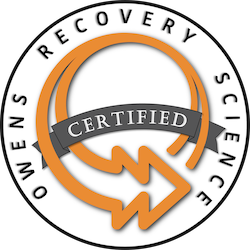Postpartum 101 – Part 2

Hello again, ladies! Our last blog on this topic introduced you to postpartum recovery and how Physical Therapists can bridge the disconnect between what we know and what we don’t regarding normal recovery. In this post, we will delve into two conditions that you may have heard of or even experienced before, how they can affect you, and how to get help.
Number 1→ Diastasis Rectus Abdominis (otherwise known as Diastasis)
Diastasis occurs when the rectus abdominis, or the “6 pack muscle”, separates and leaves a gap between the muscles. You may notice this when you bend over and see that “pooch” in your belly. You may also feel a small gap around your belly button. Diastasis can occur after having a baby, and if it’s left untreated it can lead to issues such as back pain. Certain activities like straining to have a bowel movement can make Diastasis worse. If you think you may have a Diastasis, call us and our Pelvic Physical Therapists can evaluate you, teach you techniques that can help manage the separation, and facilitate the healing process.
Number 2→ Stress Incontinence
Stress Incontinence is something we’ve all heard about, ladies! As we’ve mentioned in previous blog posts, while this is common, it is NOT normal! Stress Incontinence is when you have leakage during stressors on your bladder like when you sneeze, cough, run or jump. Leakage occurs when the muscles of your pelvic floor aren’t coordinating appropriately. You may assume that incontinence occurs due to weak pelvic floor muscles, but it can actually be caused by weaknesses or structural issues in other areas, such as your hips, low back and abdominal muscles. If there is pressure on your bladder and your pelvic floor muscles aren’t providing enough counter-pressure, leakage can happen. Although many women believe Kegel exercises are the answer for stress incontinence, that’s not necessarily the case. In fact, depending on the cause of the leakage, Kegels could actually exacerbate the symptoms!
Stress Incontinence can be considered normal for up to 3 months postpartum as the body heals. However, if leakage continues to be an issue after 3 months postpartum, you need to seek help from a trained Pelvic Physical Therapist. We will determine the cause of the incontinence and create an individualized treatment plan to help restore normal function so you don’t have to cross your legs every time you cough or sneeze!
What’s Up Next?
Stay tuned for our next blog where we talk about two additional conditions that you may not have heard about, but are just as important to manage during postpartum recovery. In case you missed Part 1 of this postpartum recovery series, you can check it out here.






